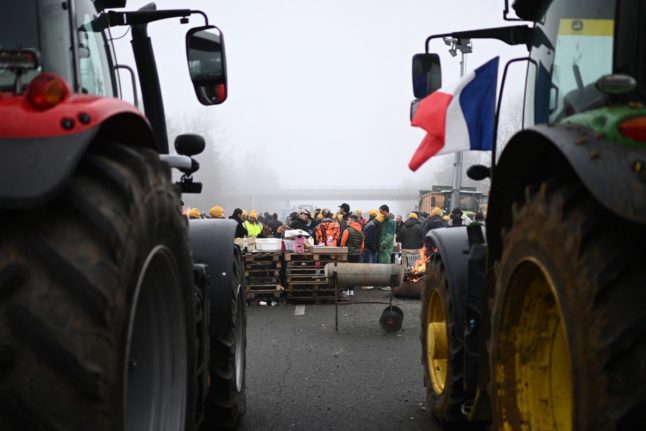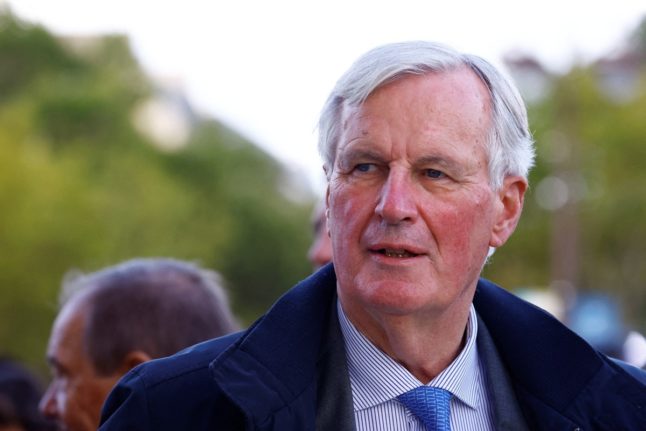Farmers in the Paris region on Saturday promised to mount a “siege” on the French capital next week to pressure the government into meeting their demands on pay, tax and regulations.
On Monday afternoon farmers from all the regions around Paris, who belong to the FNSEA farmers’ union or the Jeunes Agriculteurs (“Young Farmers”) union, “will begin an indefinite siege of the capital,” the unions wrote in a press release.
“All the major roads leading to the capital will be occupied by farmers”, they added.
Farmers from the Lot-et-Garonne, one of the hotspots of the protest movement in southern France, had earlier announced their intention to “go to Paris” on Monday to blockade the massive Rungis wholesale food market south of the capital.
French farmers have fumed at what they say is a squeeze on purchase prices for produce by supermarket and industrial buyers, as well as complex environmental regulations.
But the last straw for many was the phasing out of a tax break on diesel for farm equipment.
Saturday’s announcement came the day after French Prime Minister Gabriel Attal announced a number of concessions to farmers, after they blockaded major routes into Paris and down in the south of the country.
Facing his first major crisis as prime minister, Attal told the angry farmers “you wanted to send a message, and I’ve received it loud and clear”.
Attal said the government would “put an end” to the rising cost of diesel fuel used for farming machinery which has been a consequence of tax breaks on the fuel being phased out.
There would also be an emergency fund to help cattle farmers battle illnesses among their livestock.
But minutes after that announcement, FNSEA boss Arnaud Rousseau dashed hopes of a swift end to the crisis, calling for “continued mobilisation”.



 Please whitelist us to continue reading.
Please whitelist us to continue reading.
Member comments